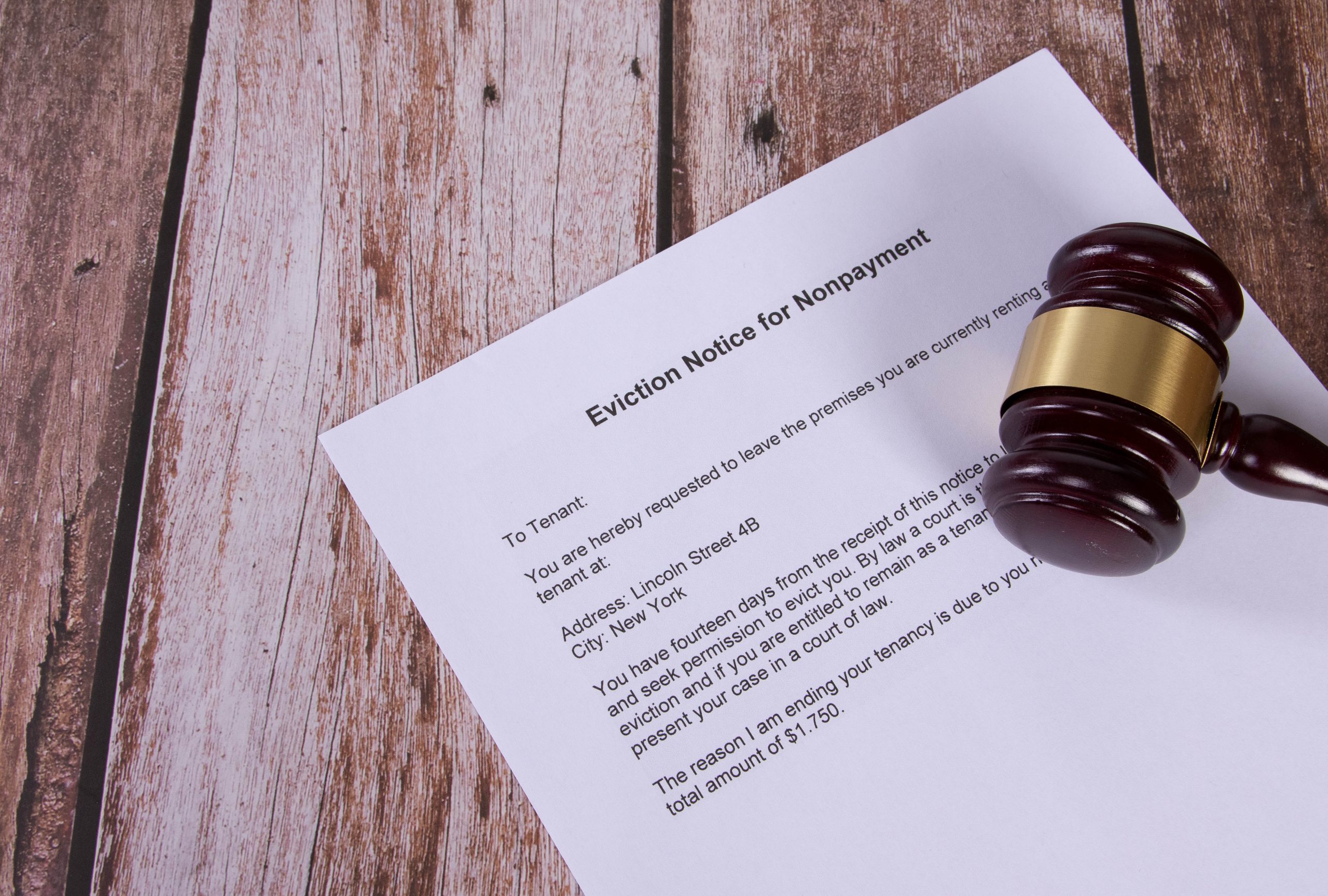
As housing prices rise many are struggling to pay rent and face the risk of eviction. Social scientists have documented many ways eviction harms families. But new research shows that eviction also hurts democratic participation.
Gillian Slee and Matthew Desmond examined eviction records and voting records from the 2016 election. They found that the higher a neighborhood’s eviction rate, the lower its voter turnout rate.
Specifically, the researchers calculated a neighborhood’s average eviction rate between 2013 and 2015. They found a clear link between high eviction and low voter turnout in both rural and urban areas, as well as in deep blue or deep red states.
The hardship associated with eviction, they argue, puts strain on both the individual or family that gets evicted and on their social networks. For individuals, eviction lowers social trust, causes hardship, and decreases people’s faith in the legal system. These effects ripple through social networks, lowering voter turnout.The researchers identify several ways this could affect elections or dilute the voting strength of particular groups. For example, renters are more likely to be Democrats, Black or Latino. This means that any link between turnout and eviction could disproportionately affect these groups.
Their data also show how expanding voting access might reduce the impact of eviction on voting. For instance, they found that eviction’s impact on voter turnout was less significant in states with same-day voter registration. If it’s easier to vote, particularly for people who are “residentially unstable,” then eviction might be less likely to disrupt turnout.
More broadly, the researchers say that reducing eviction, through policies like establishing a right to counsel or expanding housing vouchers, could potentially increase voter turnout.
Ultimately, what this research shows is that affordable housing isn’t just an economic problem, or an issue affecting individuals and families. Evictions have profound consequences for democracy itself.

Comments